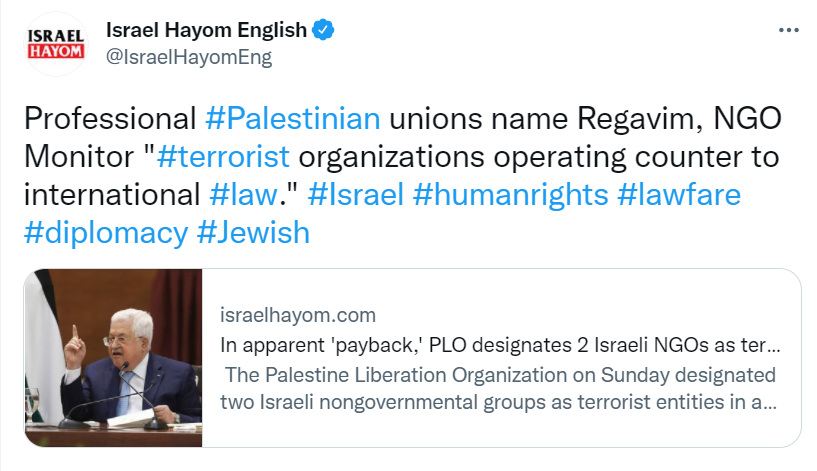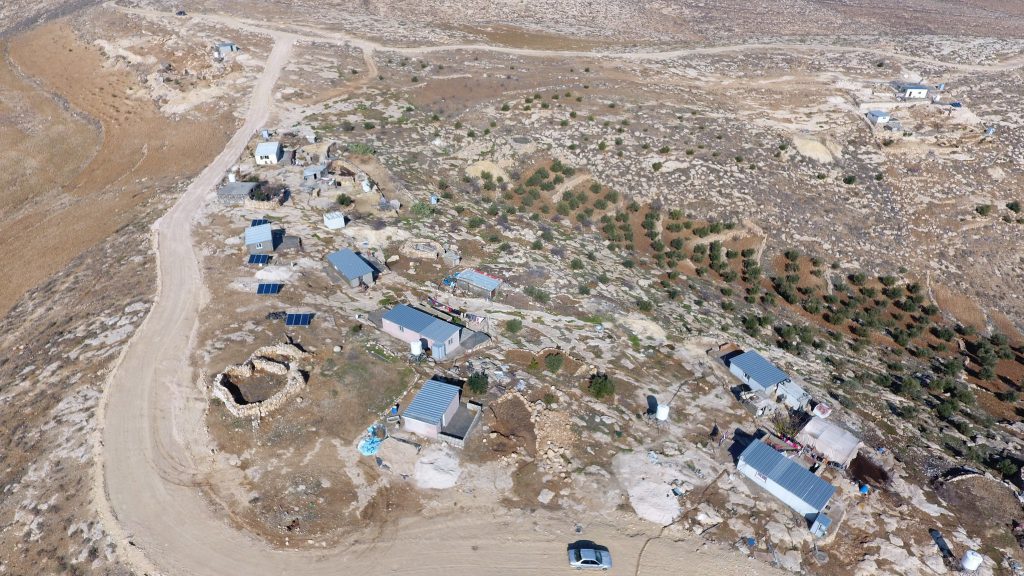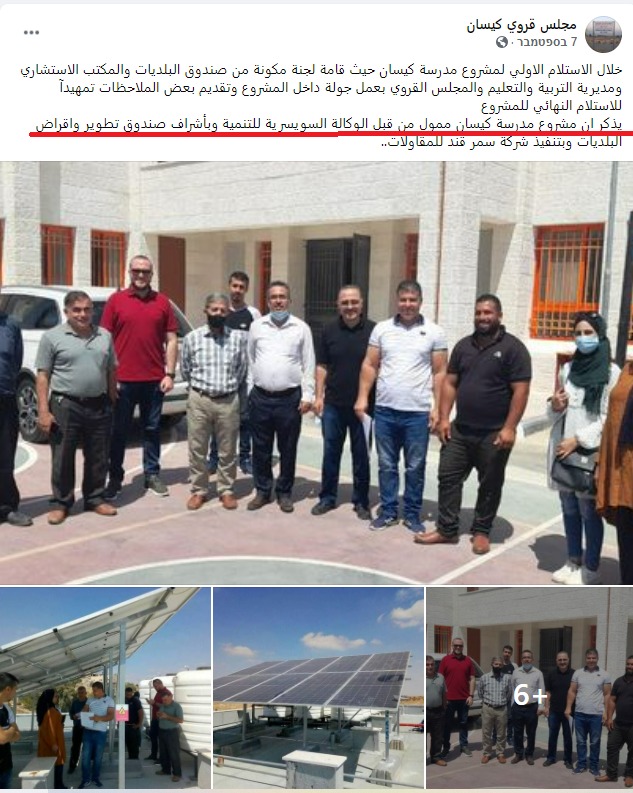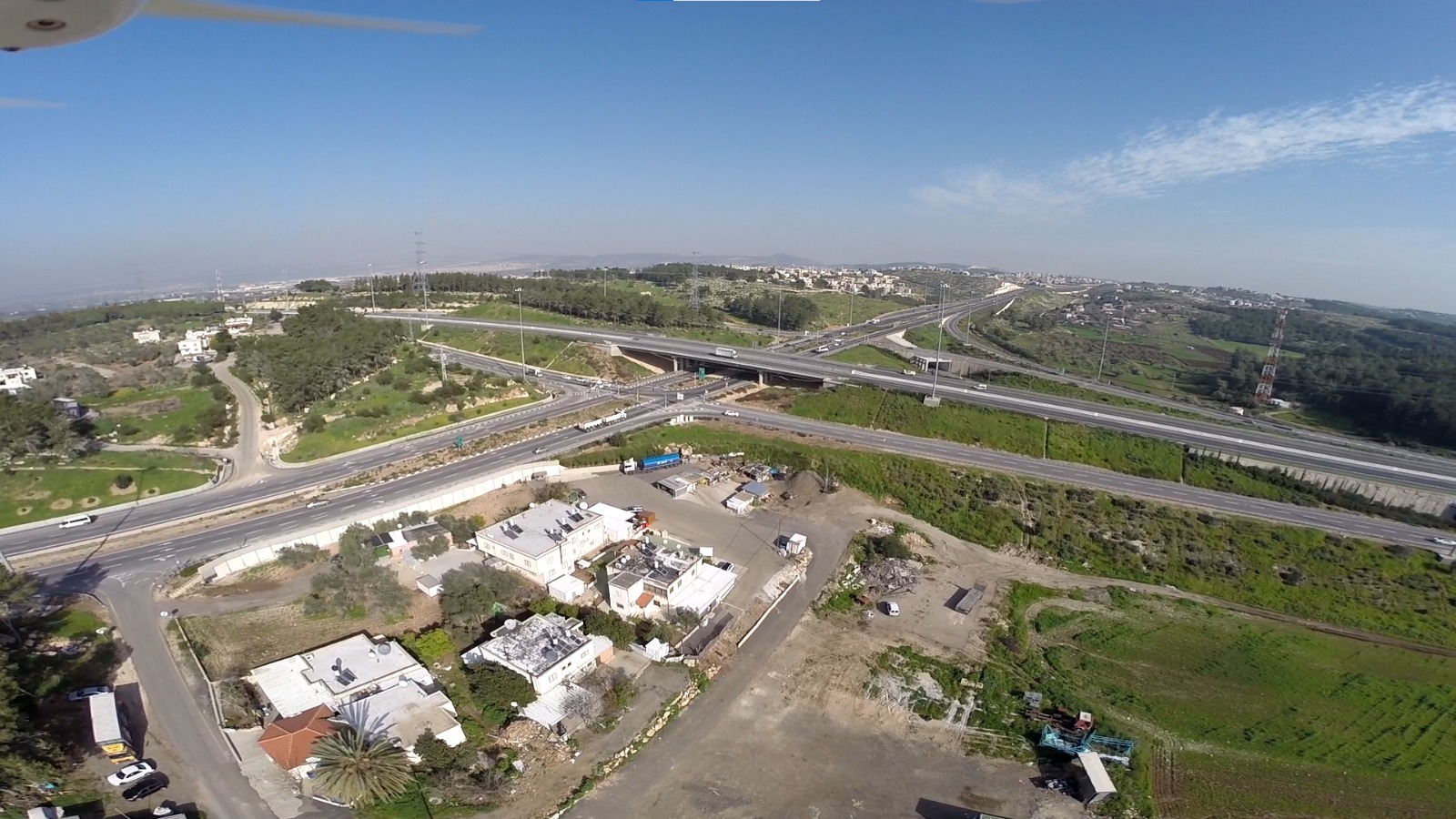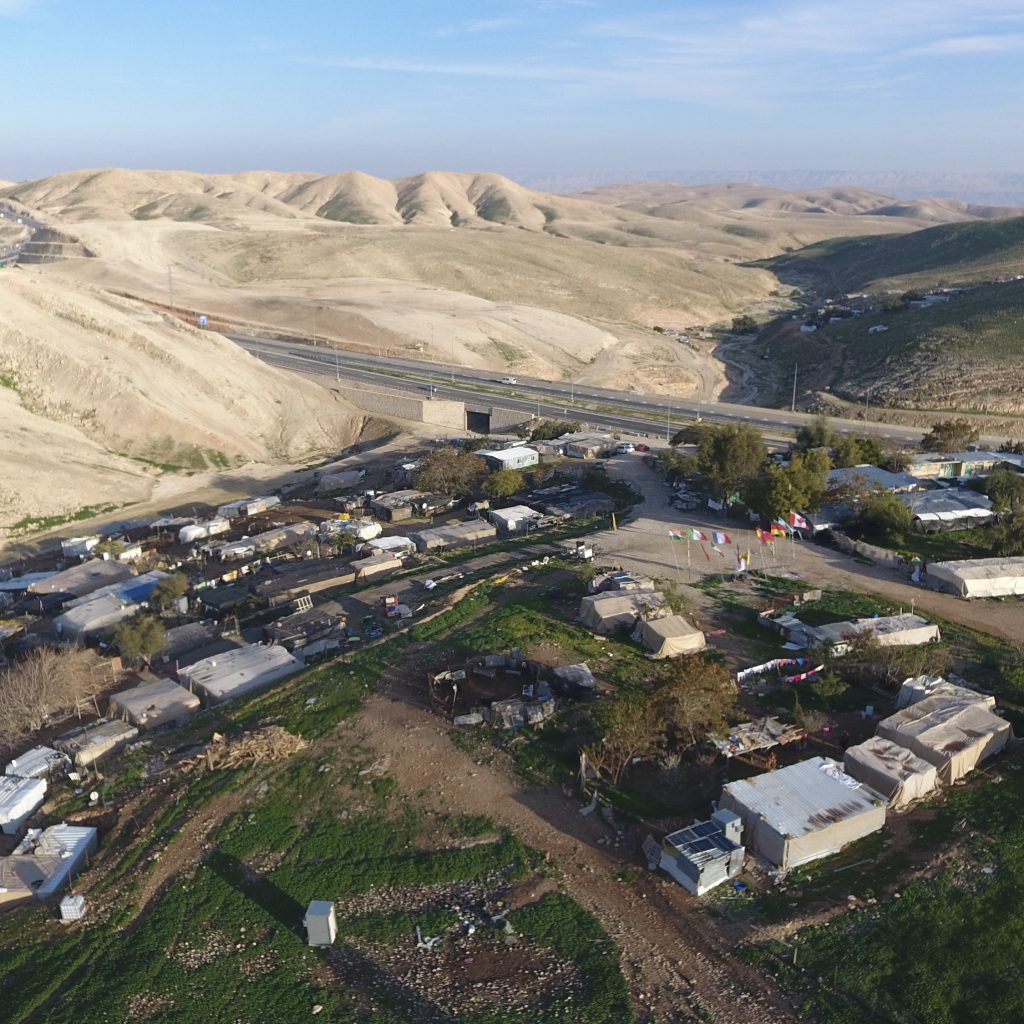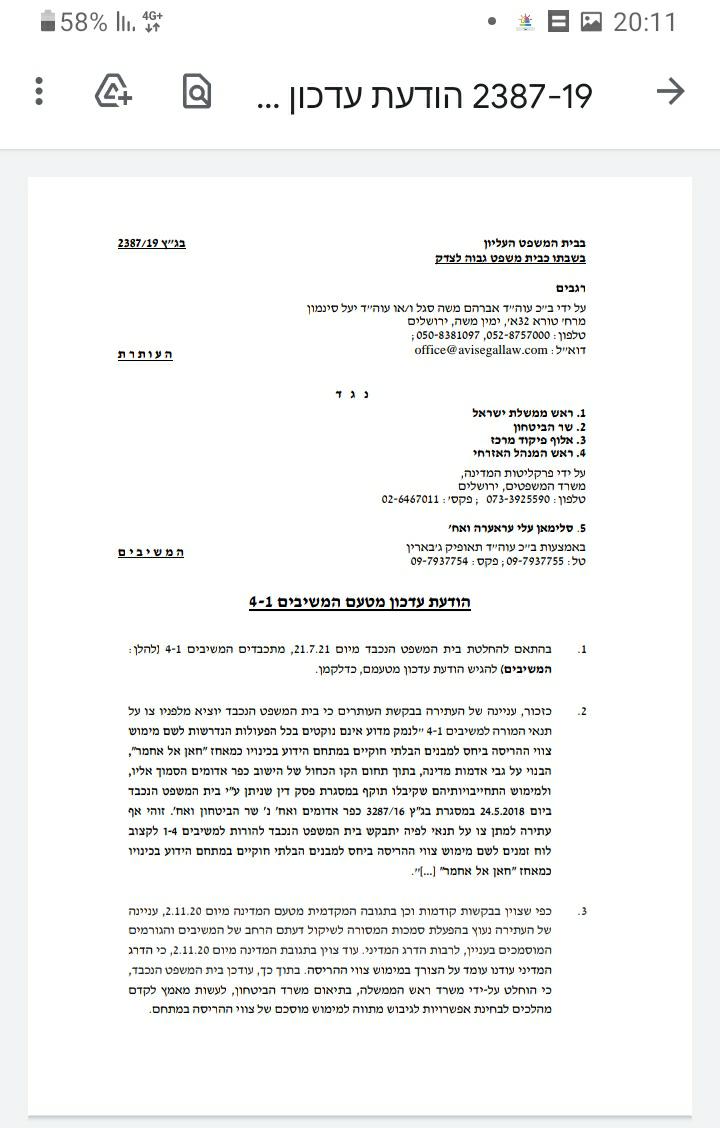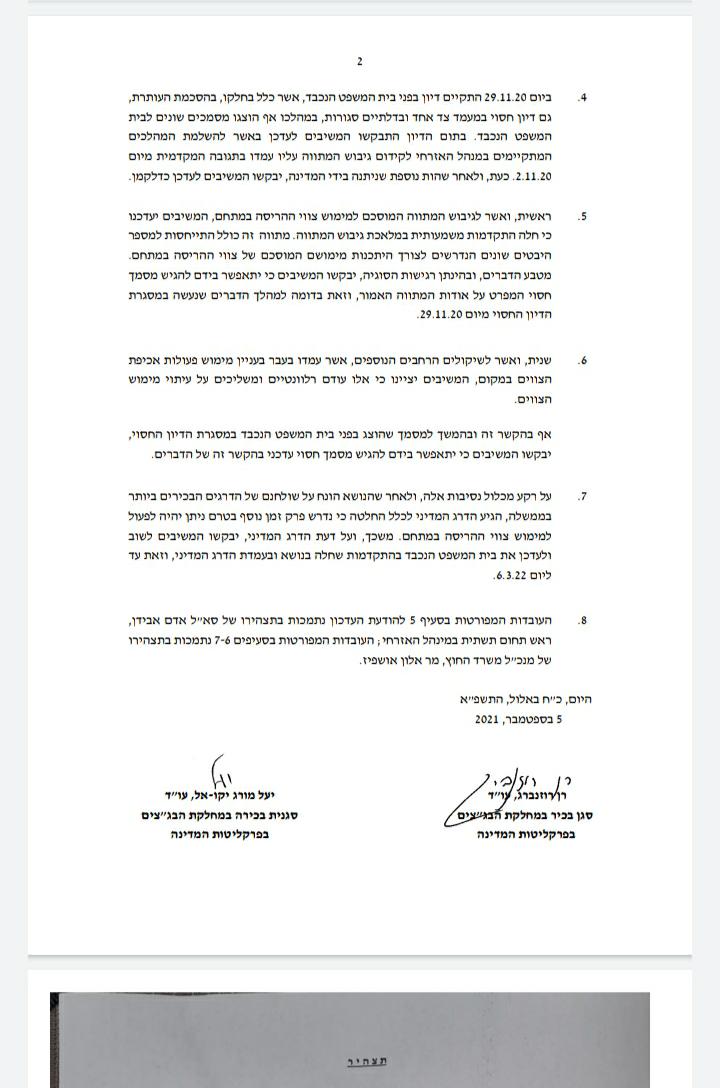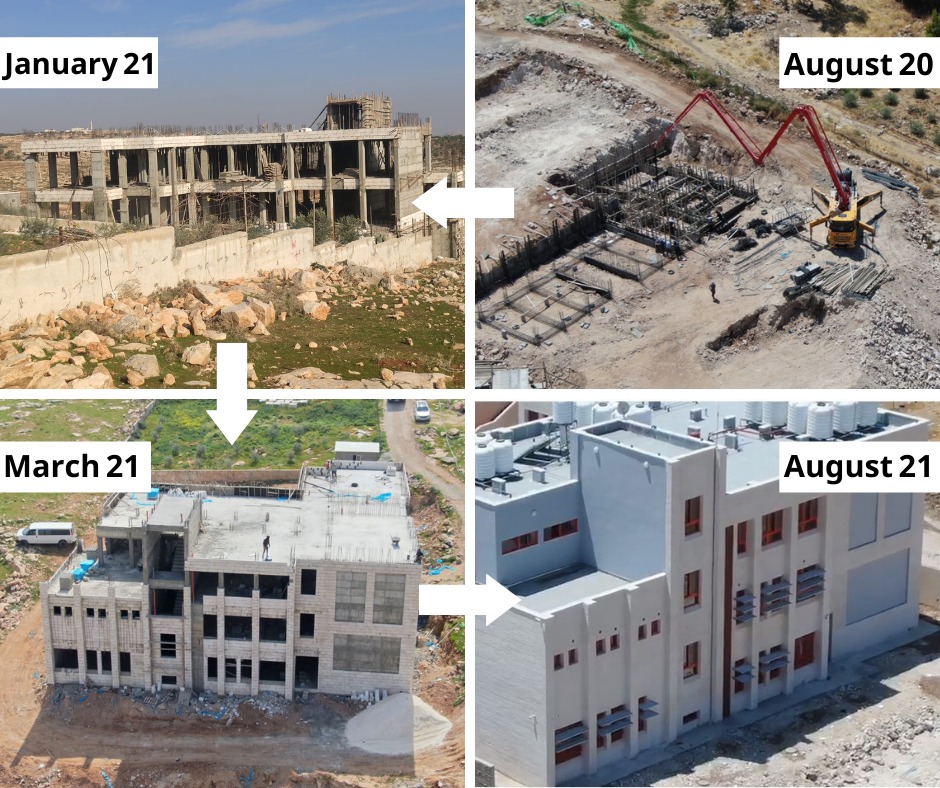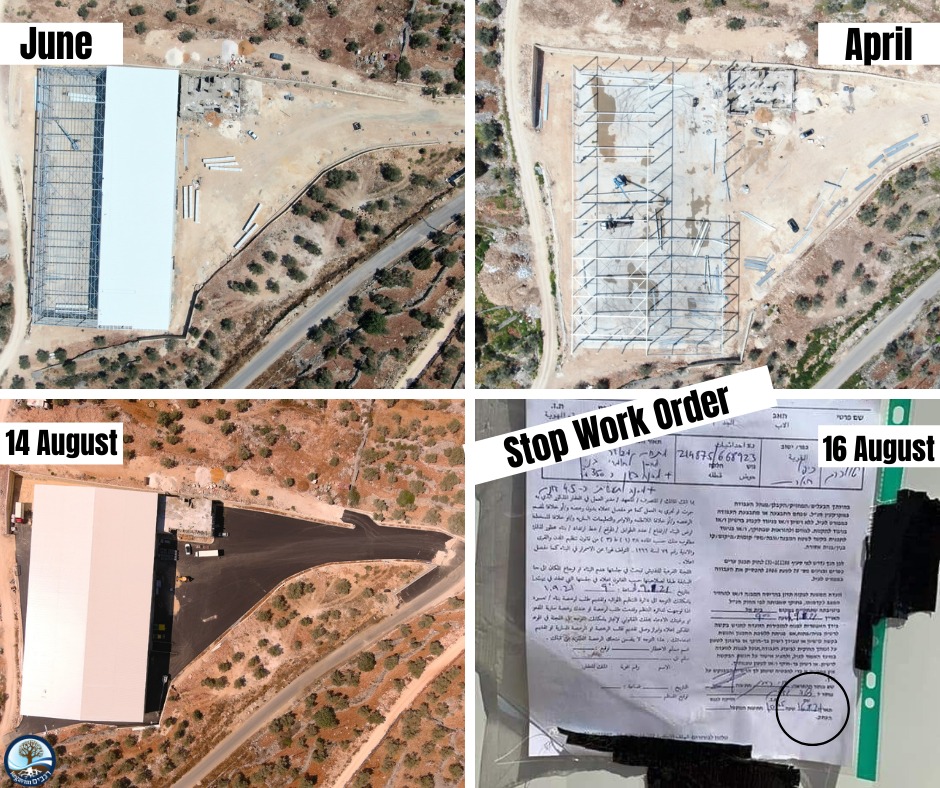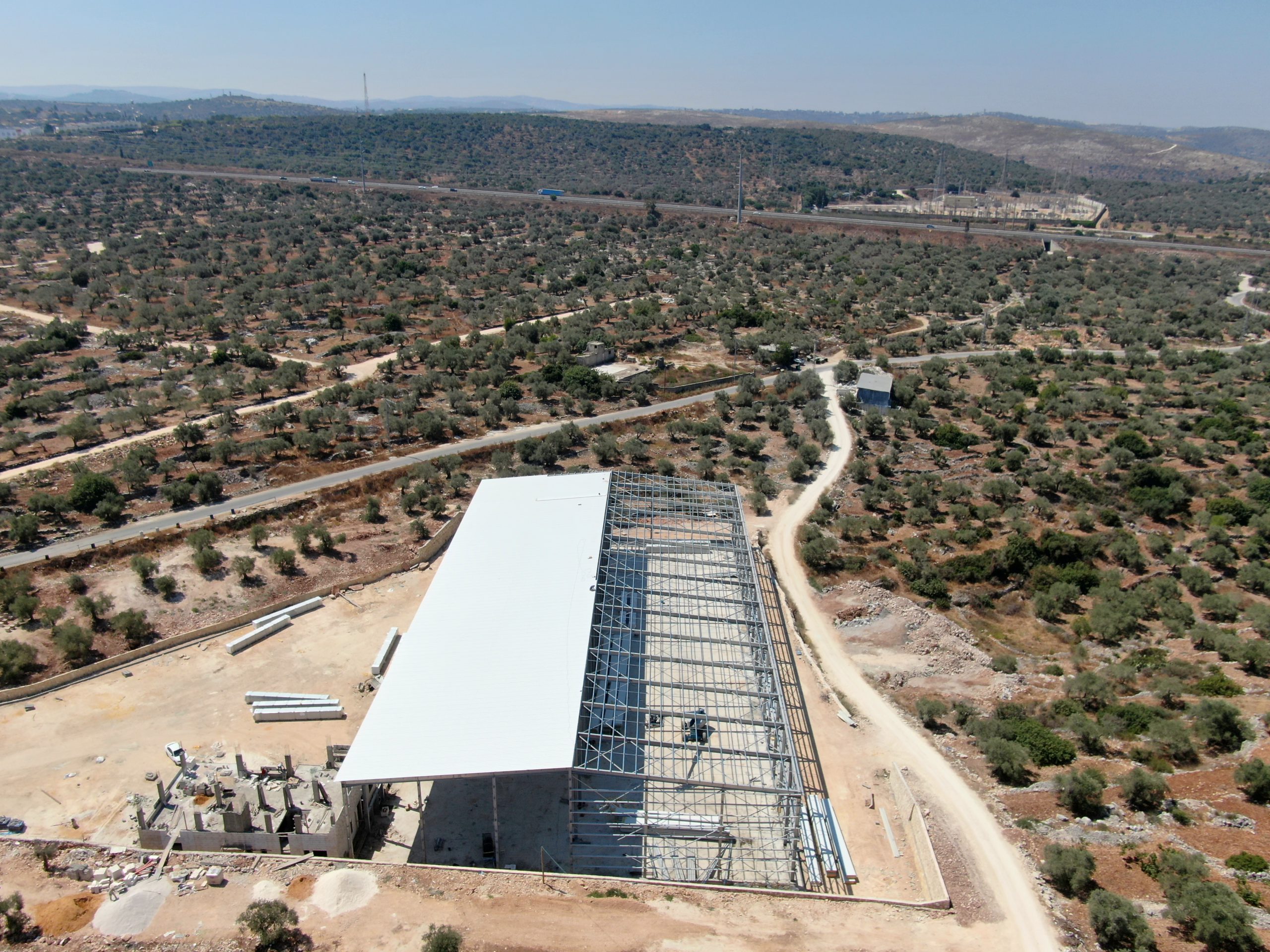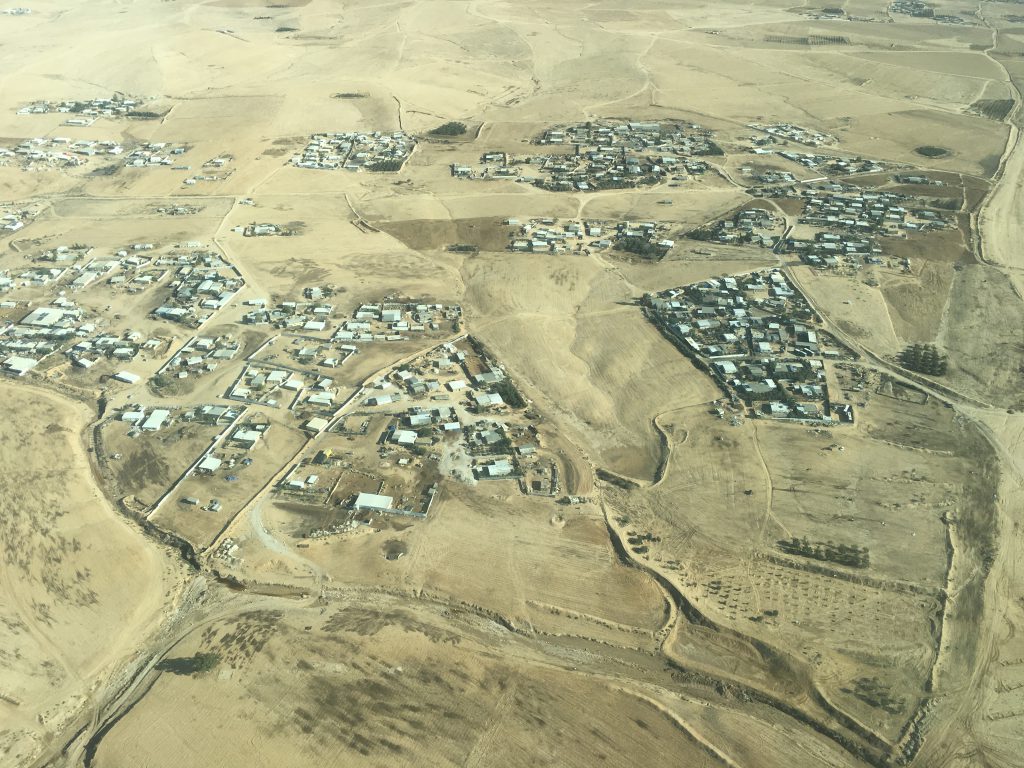
Despite heavy pressure by the Raam Party to make substantive changes in the wording of the government’s decision, cooperation between Regavim and the staff of Minister of Interior Ayelet Shaked’s office resulted in wording virtually identical to the proposal tabled by the Netanyahu government.
Earlier today (Wednesday), the government approved plans for a new Bedouin city and three rural Bedouin communities, intended for the resettlement of residents of illegal squatters’ camps who would be brought into legal, permanent communities.
Regavim’s spokesperson noted that despite the very heavy pressure from the Raam Party to make changes in the government’s decision, the wording of the decision that was approved is virtually identical to that of the proposal tabled by the Netanyahu government. The language that was eventually adopted was the product of several months of intensive consultation and joint effort between Regavim and Interior Minister Ayelet Shaked’s staff.
Meir Deutsch, Director General of Regavim, reacted to this morning’s decision: “We’ve said it before, and we’ll say it again: This plan is both an opportunity, and a risk.”
“On the one hand, this plan may lead to real change in the Negev, the restoration of state lands to the government’s hands and the beginning of the process of resettlement of the Bedouin squatters who have taken over the open spaces of the Negev. This plan envisions relocation into legal, organized settlements rather than the fictitious “expansion” of existing settlements that was standard procedure over the past decade. The decision approved by the government today establishes criteria for relocating residents of the Bedouin encampments into permanent settlements according to clearly-defined timetables; if the criteria are not met, the plan to create new settlements will be cancelled.”
On the other hand, the merit of the government’s plan must be proven by action, not intentions. To date, Israeli governments have been most adept at offering “carrots” but have failed to use “sticks” and enforce the conditions of previous plans. This plan, like its predecessors, is built on carrots and sticks, and it’s up to the government to prove that it intends to see the program through – including the evacuation of the squatters’ camps and the return of state land on which the Bedouin are currently squatting illegally, to state hands. The failed policy of endless land allocations for the Bedouin sector must come to an end.”
“If the government stays the course and sees the program approved today through – both carrots and sticks – it will be the first real progress toward a better future for the Negev and for the restoration of national resources to government jurisdiction.”




